by Justin Mckibben | Mar 6, 2018 | Drug Dealers, Drug Policy, Drug Trafficking, Law Enforcement, News, Stigma, Violence, War on Drugs

One of the consistent topics in politics now is how the current administration plans to tackle issues concerning drug policy. There’s plenty of recent news, such as the Attorney General announcing a plan for the Justice Department to support states suing Big Pharma opioid makers, while also claiming that marijuana is partly responsible for the opioid crisis. Reports have indicated China is willing to work with the US to fight fentanyl trafficking, but critics are still worried about the massive cuts President Trump proposed for the Office of National Drug Control Policy.
But that isn’t the only proposal made by President Trump that has inspired debates about drug policy.
This past Thursday, while speaking at the White House event on opioid issues, many believe that a few of Trump’s comments endorse the idea of executing people who sell illegal drugs. Shocking as it may seem to some people, the concept isn’t all that new. In fact, we see people all the time in the comment section of many articles on opioids who seem to think this is an acceptable idea.
We have asked the question before if drug dealing should be considered homicide, with mixed responses. However, now it seems we should be asking- is drug dealing punishable by death?
President Trump Admiring the Philippines
If we take a look back, President Trump has supported this strategy before. Just last year the leaked transcript of a phone call with President Rodrigo Duterte of the Philippines quoted Trump praising the nation’s bloody and brutal War on Drugs. In recent years, thousands of extrajudicial killings have taken place in a country fully immersed in a violent vendetta against drugs. The president was quoted saying:
“I just wanted to congratulate you because I am hearing of the unbelievable job on the drug problem. Many countries have the problem, we have a problem, but what a great job you are doing and I just wanted to call and tell you that.”
However, not everyone shares the president’s admiration. An inquiry by the International Criminal Court is actually investigating the killings of the Philippines drug war. Not to mention, others would argue that the brutal crackdowns in the Philippines haven’t exactly worked out either. In December, the head of the country’s drug enforcement agency publicly stated that they have been unable to stop dealing at the street level.
President Trump on Drug Dealers
This isn’t the only reported instance of the president supporting this extreme tactic. Just days before his Thursday remarks there was a story that Trump had privately told a number of people, including leaders in Congress, that he supports executing drug dealers.
So what did President Trump say at the White House Thursday? In general, he thinks sellers of illegal drugs don’t get punished severely enough in the US, stating:
“We have pushers and we have drug dealers that kill hundreds and hundreds of people and most of them don’t even go to jail,”
“If you shoot one person, they give you life, they give you the death penalty. These people [who sell drugs] can kill 2,000, 3,000 people and nothing happens to them.”
Even back in January, President Trump made comments that some think was a precursor to this conversation. In another report, the president suggested he had an idea for a change in drug policy that might be too dramatic for the country.
“No matter what you do, this is something that keeps pouring in. And we’re going to find the answer. There is an answer. I think I actually know the answer, but I’m not sure the country’s ready for it yet. Does anybody know what I mean? I think so.”
There is not yet any indication the president has committed to go this far. And yet, he has repeatedly vowed to be “much tougher on drug dealers and pushers.”
President Trump also said that his administration will be rolling out policy over the next three weeks, promising it will be “very, very strong.” This administration is definitely consistent with its focus on stricter enforcement and tough-on-crime tactics for the drug problem. So is this recent stir surrounding the president’s comments well-founded? Or is the president’s support for dealing with drug dealers with the death penalty just an opinion of his that won’t go into any actual policy plans?
Should Drug Dealers be Executed?
Surely, we will see plenty of arguments in the comments here. There are bound to be some very strong opinions. Some people do believe that drug dealers are the cause of countless deaths and that they should face the harshest punishments possible.
One person might say ‘an eye for an eye… trade one lethal injection for another.’ But we still need to ask ourselves if this is actually effective.
Many would argue that a lot of street-level dealers are addicts themselves, who peddle their own prescription medications or other illegal substances out of desperation. They might still be people suffering from an illness that leads them to do things they might not otherwise do.
You might say- well, then we should only execute people who provide drugs that lead to a death. But there are plenty of cases where this strict of a penalty seems extremely cruel and unusual. And there are already instances where the individual providing drugs to someone who overdosed has been charged with manslaughter. Some were even charged with second-degree murder. For example, there was the case of Joshua Lore. Lore had gotten himself high on heroin and then prepared and administered a dose for his friend, 23-year-old Kody Woods. After Woods died from the overdose, Lore was charged with second-degree murder. The coroner ruled the death accidental. However, the law still allowed for him to be charged as if he had intentionally shot his friend down in the street.
Would anyone argue that maybe he should face the death penalty because maybe his friend paid him for the drugs? What if?
Criminal Charges for Overdoses
In 1986, Boston Celtics draft pick Len Bias’s death was deemed cocaine-relate. The federal government then implemented stiff penalties on drug dealers whose sales can be directly tied to overdoses. This includes a minimum of 20 years, and up to life in prison. But there is the still scrutiny to prove the allegations against dealers. Back in 2014, the U.S. Supreme Court ruled that a drug can’t just have contributed to death. It needs to actually be proven as the cause of death.
So where do we draw the line there? Because in some cases an individual may not die directly due to an overdose, but because the drug causes a reaction in the body with a pre-existing condition or counteracts other drugs it turns deadly. What if someone buys drugs from multiple dealers in one day, then dies? Does each dealer get put to death just in case?
Let us say we are only going to consider the death penalty with king-pins and large-scale traffickers. Kellyanne Conway, who is the head of the White House’s anti-drug effort, supposedly told Axios the proposal from President Trump is more nuanced and would only apply to “high-volume dealers who are killing thousands of people.” Fair enough. But how do we measure that exactly? Will it depend on the drug? Are we going to have someone with marijuana farms being executed next to fentanyl traffickers, even though the substance they sell is considered legal in several states?
It all becomes a much deeper conversation about where the mindset of our world is right now. These days it seems our society has continued to embrace the idea of choosing the lesser evil. And we can argue all day about whether or not people think this is ‘right’… but would it even work?
Lesser Evil
Sadly, even if President Trump were to make the necessary distinctions, there are still going to be people who think all drug dealers should face death. But is trying to fight drugs by making an example out of dealers a practical solution? If people say drug use is still a voluntary act, should selling drugs constitute the death penalty if drugs aren’t forced into the victim’s body? And if we say yes, many also want to know if the president will support holding Big Pharma executives who engaged in corruption and shady marketing to the same standard.
Sure, maybe killing some drug dealers might scare a few others, but it won’t scare them all. If a dealer is taken off the streets, odds are another will take their place. Experts are sometimes split on whether attacking addiction at the supply-side has not been an effective strategy. Some say it makes drugs harder to get and more expensive. However, others say the open market inspires more dealers to take advantage of scarcity with higher prices. Studies even suggest there is no hard evidence that harsher penalties or supply elimination reduces drug use.
The tragic truth is there are already people who think we shouldn’t even be doing so much to save the lives of addicts. They say those who overdose should be left to die.
Is that who we are now? We see the people in our communities in pain and we leave them to die?
President Trump seems to believe a less punitive approach won’t work. So do the people agree? Should we have more compassion or convictions? If we stopped trying to arrest and punish our way out of the opioid crisis, could we be making more lives better?
Should we really be relying on the lesser evil?
The pain of losing a loved one to addiction is undeniable, and the desire for justice is understandable and natural. Even though we see addiction as a disease, we have to know we take our lives into our own hands every time. Sadly, sometimes we don’t make it back. But if you do, take it as an opportunity to make a change. If you or someone you love is struggling with substance abuse or addiction, please call toll-free now.
CALL NOW 1-888-922-5398
by Justin Mckibben | Jan 3, 2018 | Addiction, Addiction Treatment, Donald Trump, Drug Abuse, Drug Policy, Dual Diagnosis, Family, Fentanyl, Inpatient Treatment, Law Enforcement, Mental Health, News, PAARI, Prescription Drugs, Professionals, Recovery, Sobriety, Stigma, Synthetic Drugs
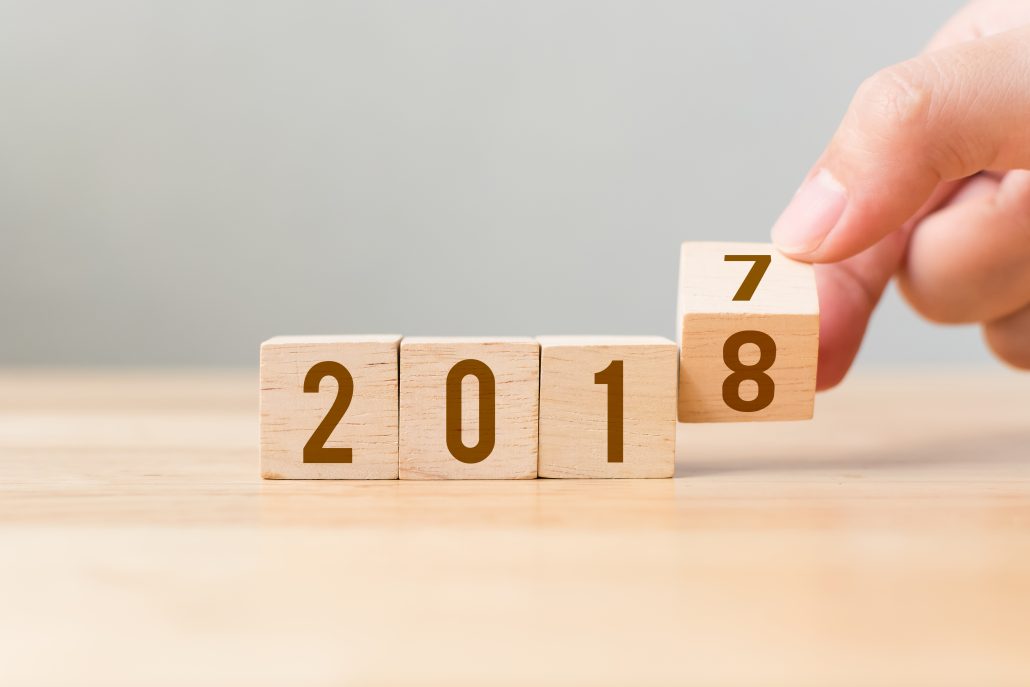
With the beginning of the new year, Palm Healthcare Company is looking forward to helping spread more exciting stories of experience, strength, and hope while also sharing important news stories and exciting new developments that relate to the world of addiction recovery and substance use disorder treatment. As we commit ourselves to another year of fighting alongside thousands of people working toward a better future, we would also like to take some time looking back on all the big moments in 2017 that we shared with our Palm Healthcare Company Blog.
-
President Trump Declares Public Health Emergency: What’s the Plan?
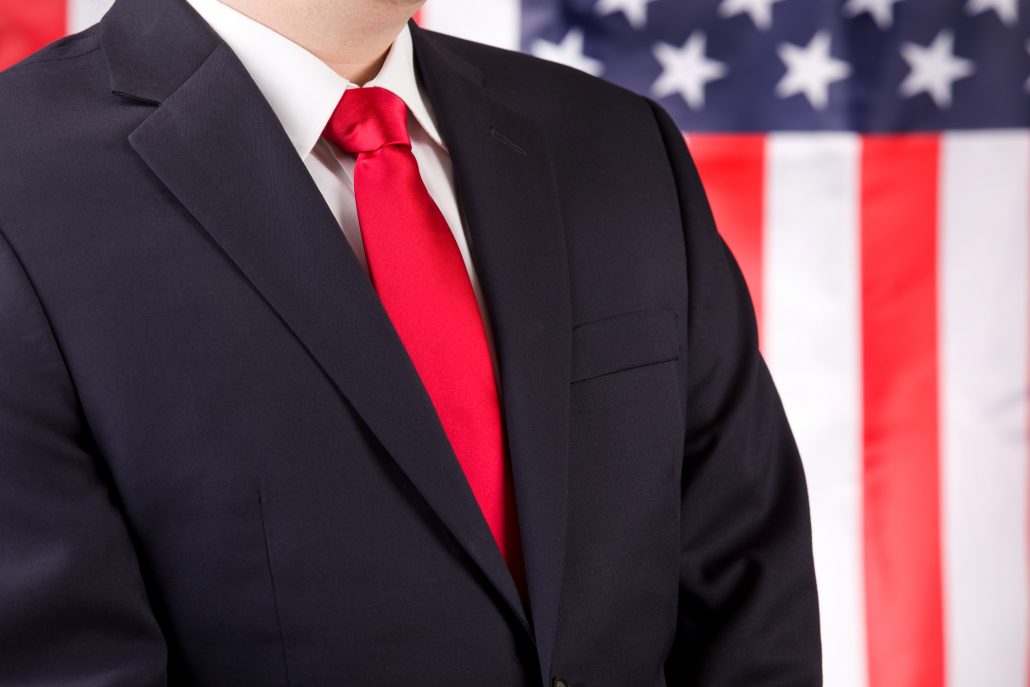
October of 2017, President Donald Trump made an announcement declaring the opioid crisis in America as a Public Health Emergency. This highly anticipated declaration was delivered in a way slightly different than many had expected, noting the technical differences between a Public Health Emergency and a National Emergency.
Many advocates were concerned that this announcement did not provide a concrete foundation for the necessary federal funding and did not initiate much-needed action, but others we assured that this means the Trump administration was taking this issue very seriously. In this article, we took a look at what this announcement did actually accomplish, and what it failed to deliver on.
-
Racketeering for Fentanyl: Opioid Maker Insys Founder Arrested for Bribes
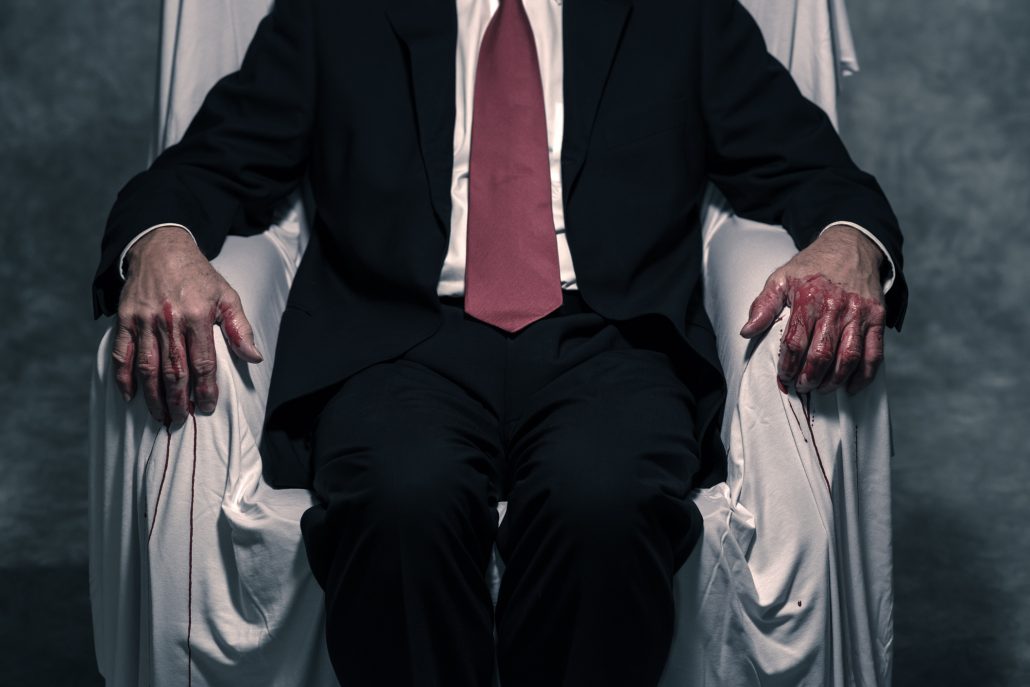
A huge development to another story came in late 2017 when John Kapoor, former CEO of Insys Therapeutics and founding father of one of the most prominent opioid manufacturers in the country, was arrested and charged with conspiring to push the signature drug of Insys Therapeutics, a Fentanyl spray called Subsys, for unacceptable uses through bribes and kickbacks.
The Palm Healthcare Company blog notes how back in 2016 the Justice Department reported to be charging 6 former executives and sales-managers of Insys Therapeutics for conspiring to defraud health insurers.
When looking at the details in this story, it has intensified the conversation about Big Pharma involvement in the epidemic
-
Can Kellyanne Conway Really Compete with the Opioid Crisis?

Not too long after President Trump’s declaration of a Public Health Emergency pertaining to the opioid crisis, Kellyanne Conway was announced as leading the charge on the White House’s efforts for addressing the opioid epidemic.
This Palm Healthcare Company blog saw a lot of comments!
While some find that having a high-profile figure at the head of the efforts gives validity to the White House’s commitment to solving the opioid issue in America, many others are speaking out in frustration. Those in opposition to this appointment say that while she may be useful as a counselor or pollster, she has no experience of expertise when it comes to drug abuse, addiction or substance use disorder treatment.
Thus far the one thing both Kellyanne and the President seem adamant about is a media campaign, but advocates are still afraid this is more “Just Say No” and not enough support for effective resources.
-
After Las Vegas Shooting: PTSD and Mental Health Must be Priority

In early October of 2016, the nation was shaken to its core when Las Vegas had one of the deadliest shootings in modern American history. This horrific tragedy flooded newsrooms and live viral footage with the country watching in shock as a gunman killed 58 people and injured 546 more at an outdoor music festival.
In the aftermath of this terrible and heartbreaking incident, our Palm Healthcare Company blog took a look at how such traumatic experiences impact people, and about the importance of those who struggle with Post-traumatic Stress Disorder (PTSD) getting proper diagnosis and care.
At a time when so many people are self-medicating with dangerous or even deadly narcotics, it is important to care for those most vulnerable, especially after such an earth-shattering experience.
-
Police Helping Addicts into Treatment is a Growing Trend Saving Lives

In August of 2017, we took a look back at several programs that had come to light all over the country based on Police Departments working with their communities to offer drug users the chance to get help with addiction treatment instead of being arrested and charged.
The pioneering program came from Gloucester Police Department in Massachusetts back in 2015. This program allowed users to ask police for help, and told addicts they could submit drugs to local law enforcement without fear of being arrested if they were willing to seek treatment. A 2016 study showed that this program was experiencing some impressive success.
Police departments in a number of other states were inspired by this and took up similar programs as a way to help their communities fight the addiction outbreak.
The Palm Healthcare Company blog took a close look at a handful of these programs to celebrate their compassion and success.
-
Sterilized for Cash: This Woman Pays Drug Addicts to Not Have Kids
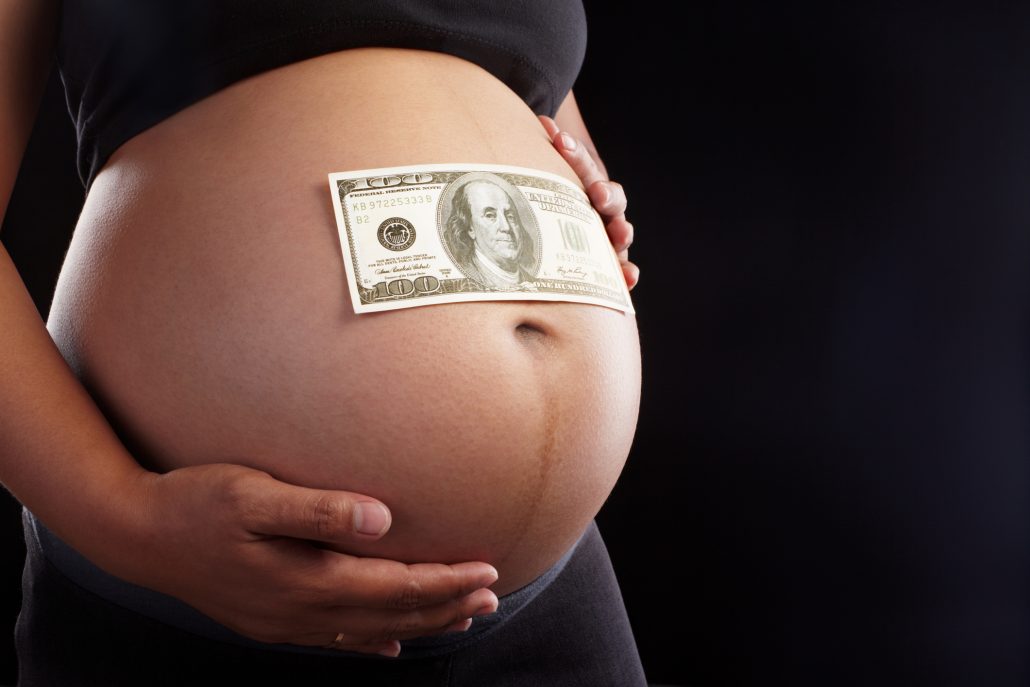
Pregnant lady’s stomach and her hand holding dollar over black background
When we posted this Palm Healthcare Company blog we saw a great deal of debate in the comments on our Facebook. For over 20 years, Barbara Harris has driven across the country using cash to ask addicted women to give up their fertility. To date, the organization has paid over 7,000 people.
The controversy around such a powerful story had some people showing a great deal of support for someone giving addicted women an incentive to not get pregnant, while other people were appalled and angered that someone would entice desperate women who are not in the right mindset to make such dramatic and life-altering decisions with their bodies.
-
What Chester Bennington Taught Us about Addiction and Depression

(This content is being used for illustrative purposes only; any person depicted in the content is a model)
In July of 2017, the world lost a great artist and inspirational musician with the death of Chester Bennington, the lead singer of the band Linkin Park.
Initial reports were that Bennington had died from suicide by hanging, with later reports indicating that Chester had been drinking at the time of his death. The vocalist had been open about his struggles with depression and drug addiction over the years, and in this article, we took a look at just how much Chester Bennington could teach us about the devastation of depression and addiction.
-
Dear Media, Thank You for Bad Press
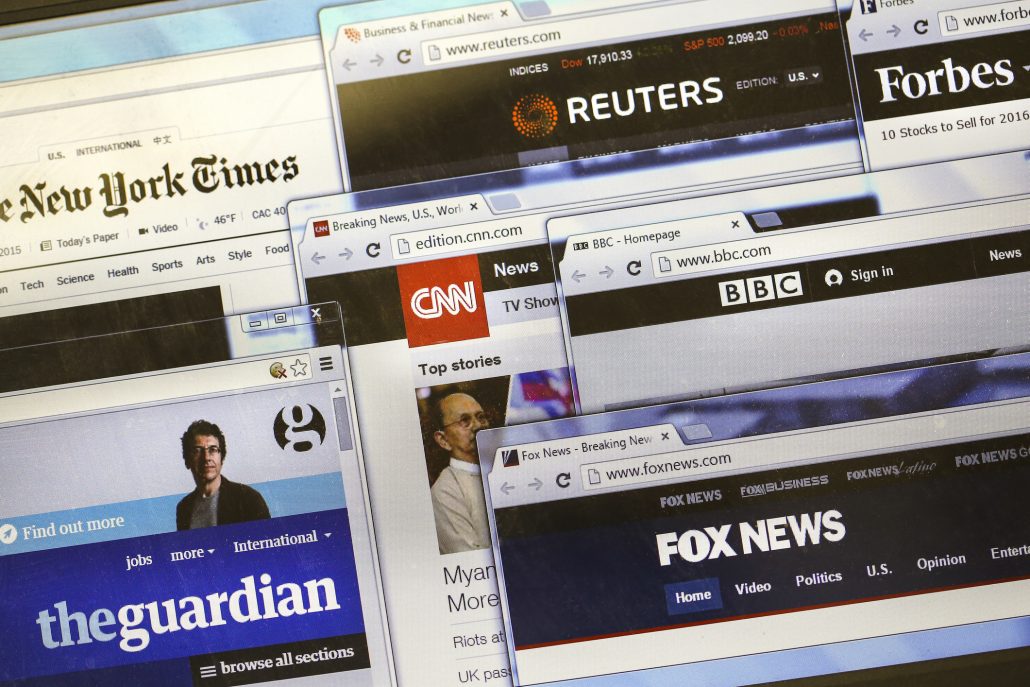
South Florida has been under a great deal of scrutiny recently, specifically concerning the issues facing the recovery community such as unethical and illegitimate sober home operators in the area. In June, there was a Megyn Kelly NBC News Investigation which focused in on Delray Beach, Florida and some of the big problems concerning unscrupulous activities from corrupt individuals exploiting drug addicts in need of help.
We took this time to look over some of the bigger stories concerning the illicit activities in South Florida with the recovery industry while showing support and gratitude for all those working together to try and put an end to operators who are taking advantage of people in need of help.
-
Palm Healthcare Measures Up to Addiction Treatment Outline for EAP
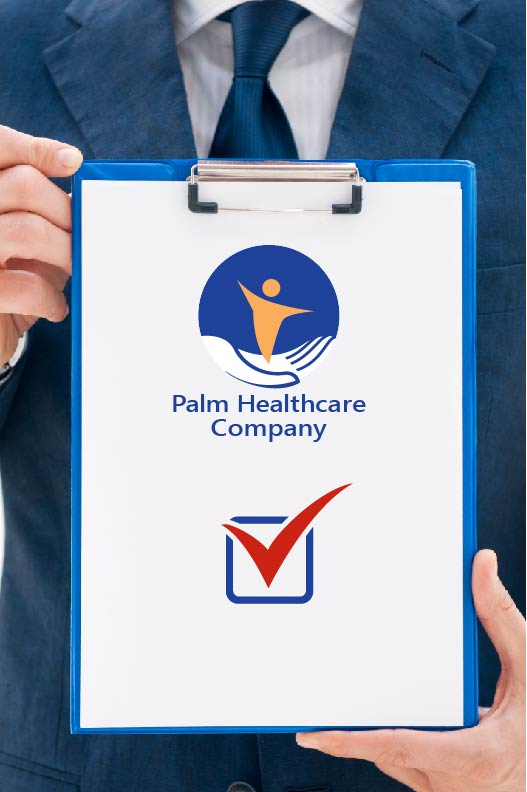
In September of 2017, we took a very close look at an article written by the Journal of Employee Assistance that was designed to help Employee Assistance Programs (EAPs) find the right kind of addiction treatment programs to recommend to their clients.
The outline given for EAPs to find effective and reliable addiction treatment options gives a list of things to look for. The Palm Healthcare Company blog was happy to show off just how all of our facilities measure up to these crucial standards.
Keep an Eye Out for More
Palm Healthcare Company continues to try and share every treatment development, news story or exciting innovation on our blog to not only help more people learn and raise awareness but to offer some perspective and maybe ask some new questions.
Whether it is sports, celebrities, news or politics we are committed to talking about important stories that pertain to drug policy in America, substance use disorder, mental health, and personal wellness. We will continue to touch on the top stories of 2018 to spread the word and hopefully inspire more people to get involved in these crucial conversations.
2017 was an intense, innovative and inspiring year. Here is to hope for 2018.
Holistic addiction treatment means incorporating every aspect of life for each individual with personalized opportunities for lasting recovery. So every bit of information can help anyone make a more comprehensive decision about what kind of recovery plan they want. If you or someone you love is struggling, please call toll-free now.
CALL NOW 1-888-922-5398
by Justin Mckibben | Dec 1, 2017 | Addiction Stigma, Donald Trump, Drug Policy, Fentanyl, Heroin, Law Enforcement, News, Opioids, Prescription Drugs

This past Wednesday, Attorney General Jeff Sessions made the announcement that White House counselor Kellyanne Conway will be the Trump administration’s go-to for opioid crisis efforts. This announcement has been met with both praise and criticism. Some say this appointment actually gives validity to the White House’s commitment to solving the ongoing opioid epidemic, while others see it as the exact opposite.
For a little background, Kellyanne Conway worked as a pollster before becoming Trump’s campaign manager during his run for the 2016 presidential nomination. Currently, Conway serves as a White House spokeswoman and Trump surrogate. She has been seen on countless panels discussing the biggest topics and politics. She absolutely has her work cut out for her, so can Kellyanne Conway compete?
The Kellyanne Cons and Pros
So can this infamous Trump advocate, the woman who practically accidentally coined the phrase “alternative facts” compete with the opioid crisis in America? Kallyanne Conway has become notorious for defending some of President Trump’s most flagrant and controversial “alternative facts” in the media. But in her defense, she also has said some things that seem to highlight important prospects for this problem.
So here are some things to consider when we talk about Kellyanne Conway being put in charge of the opioid epidemic.
Lack of Experience
One of the big problems with this appointment people are pointing out is the lack of experience. Critics say this appointment speaks to how little passion the current administration is actually putting into fighting the opioid crisis since Kellyanne Conway has no experience in public health or with drug policy.
But in a time where Americans seem to be putting more trust in people that don’t typically meet the description of “qualified” in hopes that an outsider might bring better results, it makes sense that a lot of people might still hope Kellyanne can do some good.
Yet, there are still those who aren’t so sure. Tom Synan, a police chief and member of the Hamilton County Heroin Coalition in Ohio tweeted in response to the announcement:
“Ummm… did we run out of Dr’s, cops, addiction specialists or people who are actually dealing with this on the street to lead this?”
As a first responder, Synan is one of many people who are frustrated with the current actions being taken.
“I don’t want to get involved in politics, but it seems like it is a political position … I think I would have gone out to the country and tapped into people who are national experts who are on the street who are literally dealing with this issue every day,”
It seems many on the front lines are not impressed with the Trump administration’s move to put Kellyanne Conway in charge of efforts to combat one of the worst drug problems in the nation’s history.
Publicity and Perception
During a press briefing about the Justice Department’s efforts to combat the crisis where the announcement was made, Sessions said President Donald Trump chose Kellyanne Conway to “change the perception” about opioids and reduce addictions and deaths.
According to Sessions, President Trump has made the epidemic “a top priority for his administration, including every senior official and Cabinet member.”
An opioid policy expert Andrew Kolodny of Brandeis University actually defended the move when speaking to BuzzFeed News, stating:
“It is a positive sign. She is a high-profile figure in the administration, showing the administration takes this seriously,”
Some believe this can offer a sign of hope for more concrete action since many recovery advocates say despite the declaration of a public health emergency from President Trump there has been very little action taken to change the state of the epidemic.
Bertha Madras, a member of the President’s Commission on Combating Drug Addiction and the Opioid Crisis and Harvard Medical School professor, said:
“The most important thing that Kellyanne Conway will provide is access … but also commitment… She was at all the meetings, she listened and took copious notes.”
Let’s hope those are some good notes because thus far the opioid problem in America has shown no signs of slowing down. Jeff Sessions justified the appointment by saying Kellyanne Conway “understanding messaging” and can help turn around public perception. But is this about publicity, or is it about the preservation of life?
Surely breaking the stigma and changing the way addiction is viewed does matter, but should someone who specializes in making things look good to be in charge of how this country deals with one of the most prominent crises we face?
Treatment and Resources
Kellyanne does seem to support treatment, but to what extent it is still unclear. In one interview with ABC Kellyanne Conway did say,
“Pouring money into the problem is not the only answer. We have to get serious about in-facility treatment and recovery.”
So she at least appears to understand how crucial effective inpatient treatment is for recovery.
But when reporters mentioned the fact that there needs to be funding for these programs, she put more emphasis on “a 4 letter word called will” that seems to side-step the question- where will these resources come from?
As it now stands, White House has:
- Left the leadership role of the Office of National Drug Control Policy vacant
- Failed to release any written opioid-control strategy
- Not requested funds to replenish the national public health emergency fund that currently sits at just $66,000
In fact, President Trump’s 2018 budget request would increase addiction treatment funding by less than 2%. And don’t be fooled, that increase includes the $500 million already appropriated by Congress in 2016 under the 21st Century Cures Act with the Obama administration.
Even Chris Christie, the Republican New Jersey Governor who led the White House Opioid Commission, said:
“In New Jersey, we are spending $500 million,” he said. “I am not, quite frankly, impressed with $1 billion from the federal government for the nation.”
Strict Prevention and Punishment
When you look at what she has said on record in regards to opioids and addiction, it doesn’t really inspire a great deal of confidence. Kellyanne Conway has consistently hinted to an outdated ideology of what addiction is and how to address it.
In the past, Kellyanne has said,
“The best way to stop people dying from overdoses and drug abuse is by not starting in the first place… That’s a big core message for our youth.”
That’s right; just say no.
Critics say this aligns with the mindset of Jeff Sessions and others in the White House who seem to think that ‘Just Say No’ tactics actually work, or that purely prevention-based programs like D.A.R.E. can solve the whole problem. While prevention is important, it has proven to be ineffective as a focal point when addressing addiction.
Circling back to publicity, what Ms. Conway does seem to heavily endorse is a White House investigation for a “national ad campaign” on abuse prevention. President Trump himself had voiced his own support for a national advertising initiative to try and deter drug use.
But we all remember those commercials- this is your brain on drugs- and they didn’t really help that much.
Again, it seems Attorney General Sessions and the current administration is more focused on punishment than treatment and strict law enforcement. Sessions said the Justice Department was giving more than $12 million in grants to state and local law enforcement to help them prosecute crimes connected to:
Sessions is also ordering all U.S. Attorney offices to designate opioid coordinators. Kaitlyn Boecker, Policy Manager with the Drug Policy Alliance, has been vocal in her disapproval of the current steps being taken.
“Despite declaring the opioid overdose crisis a public health emergency just last month, the Trump Administration continues to emphasize failed prohibitionist policies while ignoring proven public health measures that we know reduce overdose death, like community naloxone distribution.”
“As we feared, the Administration is using the overdose crisis as an excuse to ratchet up the war on drugs rather than an opportunity to save lives.”
At this point, we can say that the news is not without skeptics. While many are still trying to remain hopeful that maybe because Kellyanne is so vocal and such a well-known surrogate for the president that perhaps she will be able to garner more attention to the issue.
While the fight for more resources continues, we should always encourage people to seek help. There are many safe and effective treatment resources already that have been helping people recover from drug and alcohol addiction for decades, like Palm Healthcare Company. If you or someone you love is struggling, please call toll-free now. We want to help.
CALL NOW 1-888-922-5398













